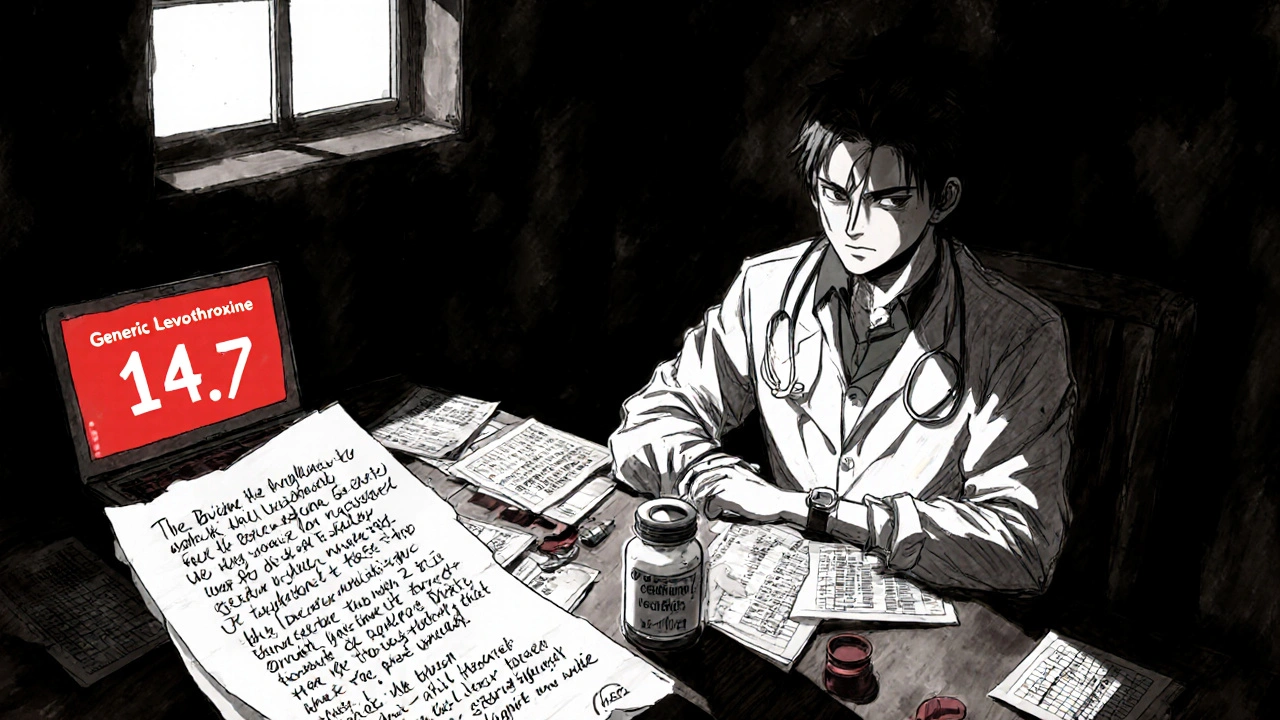When a generic medication fails to control your condition, insurance denials are common - but not final. Learn how to fight back with documented evidence, physician support, and proven appeal strategies that work.
MoreInsurance Appeal: How to Fight Denied Claims and Get Coverage
When your insurance appeal, a formal request to overturn a denied claim for medication or treatment. Also known as pharmaceutical insurance dispute, it's often the only way to get life-saving drugs covered after a denial. A denied claim isn't the end—it's just the start of a process most people don't know how to navigate. You're not alone. Thousands of patients get hit with surprise denials for generic drugs, specialty medications, or even basic prescriptions like insulin or blood pressure pills. Insurers say "not medically necessary," "alternative available," or "prior authorization required"—but rarely explain what that actually means for you.
Successful insurance appeal, a formal request to overturn a denied claim for medication or treatment. Also known as pharmaceutical insurance dispute, it's often the only way to get life-saving drugs covered after a denial. isn't about yelling louder. It's about using the right evidence, at the right time. Your doctor’s letter matters, but only if it includes specific clinical details—not just "this drug is needed." The FDA’s generic drug approval, the process by which the FDA evaluates whether a generic medication is equivalent to its brand-name counterpart guidelines can help prove therapeutic equivalence. If your insurer rejected a generic because "it’s not the same," they’re often wrong. Studies show generic combinations work just as well, even if inactive ingredients differ. That’s why pharmacist substitution authority, the legal power granted to pharmacists to swap medications under state laws, often without a new prescription exists in 48 states—it’s designed to prevent these denials from blocking care.
Most appeals fail because people send in a form and hope for the best. The real trick? Match your appeal to the insurer’s own policy language. Look up their medical policy on their website. If they say "only brand-name drugs are covered for autoimmune conditions," but your doctor’s notes show you tried three generics and had side effects, you’ve got a case. You can also reference drug interactions, when two or more medications affect each other’s effects in the body, sometimes dangerously—like how switching from one antihypertensive to another could trigger arrhythmias. That’s not a cost issue. That’s a safety issue. And insurers are required to consider safety.
You’ll find posts here that show how patients fought denials for drugs like telmisartan for glaucoma, dapoxetine for premature ejaculation, and even generic versions of Ecosprin or prednisone. Some appeals succeeded because the patient had lab results showing steroid-induced hyperglycemia from alternatives. Others won because they proved the insurer’s preferred drug caused more nausea than the one they denied. This isn’t luck. It’s strategy. Below, you’ll find real examples of how people turned denials into approvals—using medical data, legal rights, and plain, clear language that insurers can’t ignore.

